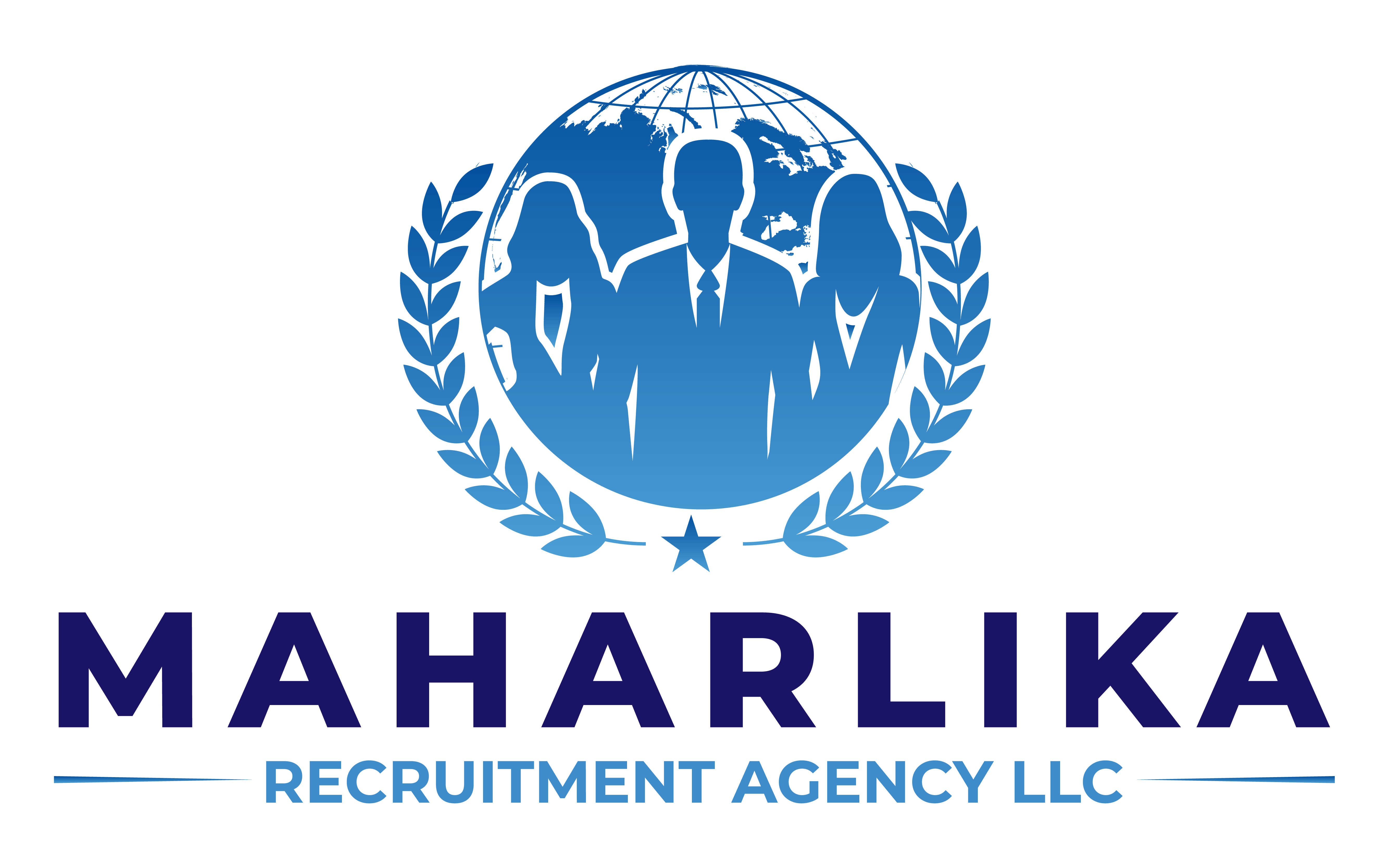The United States, known for its advanced healthcare system, presents a wealth of opportunities for foreign-educated nurses (FENs). However, the journey to practicing as a Registered Nurse (RN) in the U.S. is a multi-step process that requires careful planning, commitment, and an understanding of the regulatory environment. This guide provides a comprehensive overview for overseas nurses aspiring to work in the U.S.
1. Understanding the Educational Requirements
The first step in your journey is ensuring your education aligns with U.S. standards. This typically involves:
- Graduation from an Accredited Nursing Program: Internationally educated nurses must have completed a program equivalent to a U.S. Associate Degree in Nursing (ADN) or Bachelor of Science in Nursing (BSN).
- Licensing as an RN: You should be licensed in your home country.
- Work Experience: Most U.S. employers require at least two years of professional experience as an RN.
2. Completing a Foreign-Educated Nurses (FEN) Course
Many U.S. states mandate a FEN course for international nurses. This course typically includes both classroom instruction and clinical practice, ensuring that you are up-to-date with U.S. nursing standards and practices.
3. English Language Proficiency
Proficiency in English is crucial. You may need to pass exams like TOEFL (Test of English as a Foreign Language), TOEIC (Test of English for International Communication), or IELTS (International English Language Testing System). Exemptions are available for nurses from certain English-speaking countries.
4. Passing the NCLEX-RN Examination
The National Council Licensure Examination (NCLEX-RN) is a critical step. This exam tests your nursing knowledge and skills to ensure they meet U.S. standards. Registration with Pearson Vue and payment of the associated fees are required. More information on the NCLEX can be found on the Pearson Vue website.
5. Credential Evaluation
Your nursing credentials must be evaluated to determine if they meet U.S. standards. This is where organizations like the Commission on Graduates of Foreign Nursing Schools (CGFNS) play a vital role. They evaluate your education, registration, and licensure. More about CGFNS and its services can be found on their official website.
6. Visa and Immigration Steps
Obtaining an RN immigrant visa or green card is a significant step. It involves finding a U.S. employer and navigating through the U.S. immigration system. Various visa options are available, including the H-1B for specialized occupations and the EB-3 for skilled workers.
7. Finding Employment
Securing a job offer from a U.S.-based healthcare facility is essential. Many international nurses utilize recruitment agencies that specialize in placing FENs in U.S. healthcare settings.
8. Preparing for the U.S. Healthcare Environment
Understanding the U.S. healthcare system, its culture, and patient care practices are crucial for a smooth transition. It’s beneficial to engage in continued education and professional development even after obtaining licensure.
In Conclusion
The path to becoming a registered nurse in the U.S. as a foreign-educated nurse involves multiple steps, from meeting educational and licensure requirements to passing English proficiency tests and the NCLEX-RN. Understanding these requirements and preparing accordingly will help ensure a successful transition to the U.S. nursing workforce. Additionally, leveraging resources like Nurse.org, CGFNS, and state nursing boards can provide valuable guidance and support throughout this journey.
This guide is a general overview and may not cover all specific requirements or changes in regulations.
For the most current information and personalized advice, it’s always best to consult with immigration lawyers and professional nursing organizations in the U.S.




